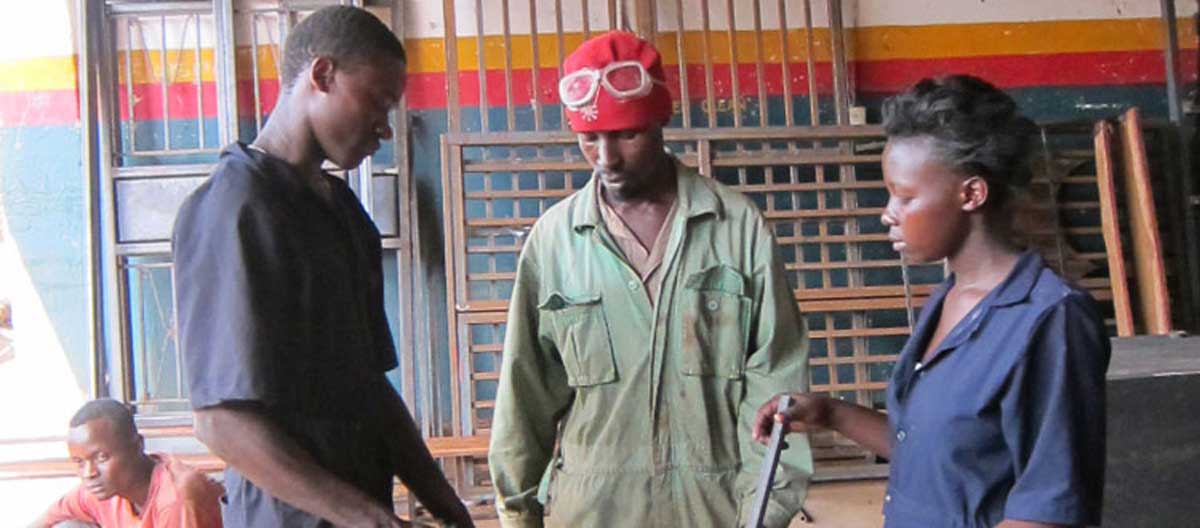LSE Report: Improving Livelihood Prospects through Vocational Training in Uganda

A recent LSE consultancy report highlights the importance of an integrated skills approach to vocational training in Uganda. The report was produced by graduate students enrolled in the MSc in Development Management at the London School of Economics and Political Science who are required to undertake a consultancy project as part of their degree.
Sustain for Life was selected to receive the equivalent of six weeks professional consultancy from the LSE authors, Melisa Yorgan, Kevin Kan, Ogeno Charles and Charles Andrew Edimu. Past consultancies at LSE have been carried out for DfID, The World Bank, UNDP, UNICEF, Pricewaterhouse Coopers, CARE, Oxfam, International HIV/Aids Alliance, Bill & Melinda Gates Foundation, and many other local, overseas and international agencies, firms and NGOs. The report explores models of vocational training in Uganda that can provide practical empowerment, or the acquisition of marketable skills and capabilities that support individuals in achieving sustainable livelihoods by investigating:
- What forms of vocational training programmes can improve the livelihood prospects of marginalised individuals in Uganda?
- How can this model be tailored for particular marginalised and vulnerable groups (including the Batwa, juveniles in detention, slum dwellers and people with disabilities)?
The research showed that there is no standard vocational training programme that can be applied across locales, nor are there specific vocations that offer “magic bullet” solutions. Rather, the most effective programme design depends greatly on the economic context and particular needs of marginalised groups. The report nonetheless provides a general model that emphasises the importance of an integrated skills training approach, in which a core vocational skill is integrated with complementary courses to address the diverse issues underlying vulnerability – thus improving livelihood prospects.
Sustain for Life will share the report and findings with our partners and hope to use the learning to improve our programming around vocational training for the most marginalised groups. You can read the full report here: Improving Livelihood Prospects of Marginalized Individuals in Uganda: An Integrated Skills Approach to Vocational Training